Best fitness app 2025: Get fit with just a smartphone
The best fitness apps available right now
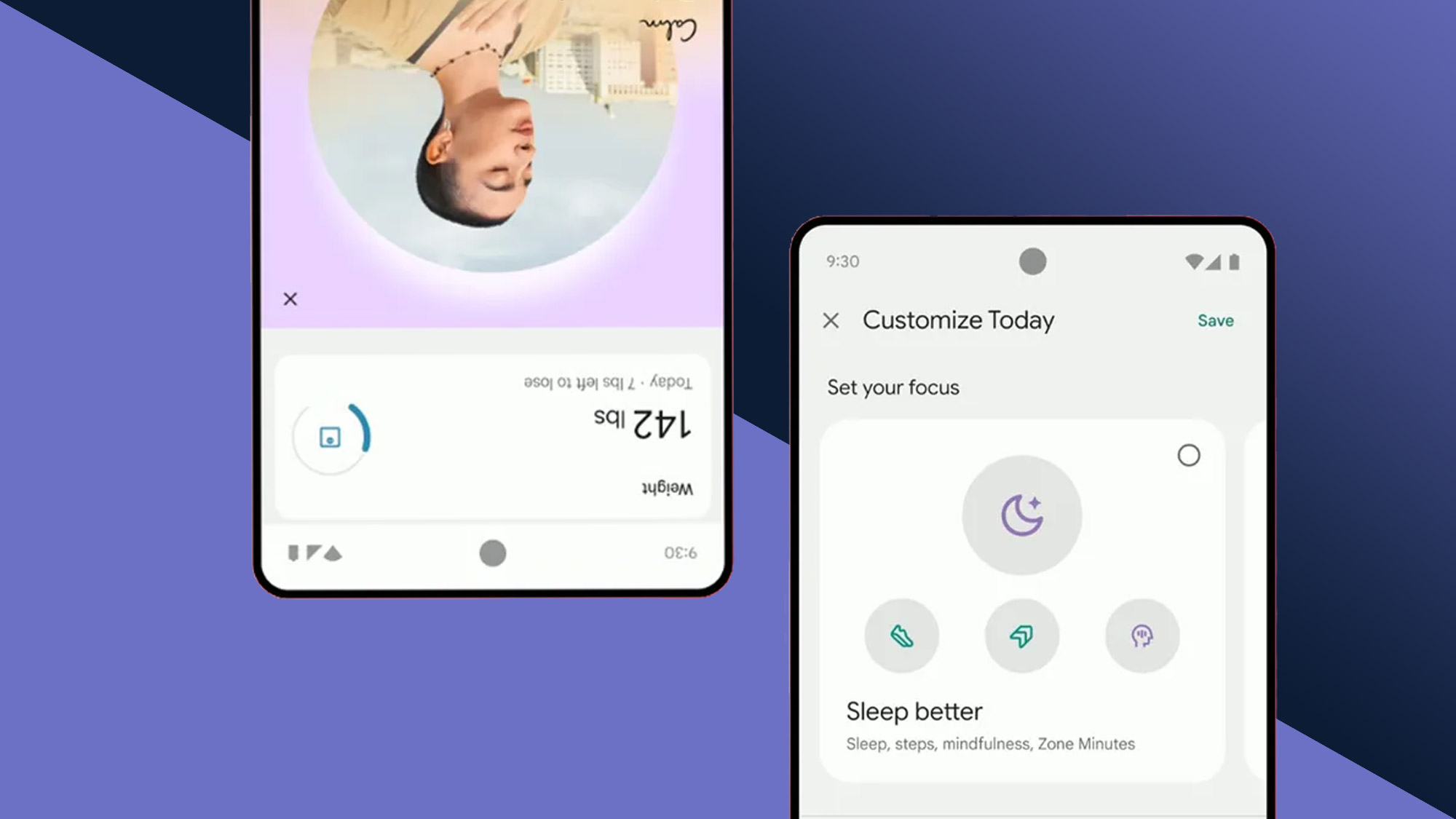
Sign up for breaking news, reviews, opinion, top tech deals, and more.
You are now subscribed
Your newsletter sign-up was successful
The best fitness apps can help you take control of your health and fitness, elevating your exercise and improving your wellbeing, maybe even for the first time.
In 2025, there are so many fitness apps out there that knowing where to start can be really daunting. That's why we test fitness apps and collate our picks to help you make the right decision.
We've compiled the best fitness apps on the market for a range of different needs. The best one for you will largely depend on what you're looking to achieve. If you want to build muscle or lose weight, apps like Fitbod or Push can help. If you're more interested in classes or holistic workouts, Apple Fitness+ might be for you. When it comes to the great outdoors, Strava is the top pick.
The good news is there's something for everyone. We've reviewed these apps and plenty that didn't make the cut to bring you our recommendations, bringing years of tech and software experience to the table.
So whatever your goal is in 2025, here are the best fitness apps to help you achieve it.

Lloyd Coombes is a freelance contributor from Essex, UK, with a passion for fitness and tech. He can be seen at TechRadar, iMore, Live Science and more on a regular basis, and enjoys weightlifting and middle-distance running.
The quick list
Want to get straight to the best fitness app for your needs? Use our quick round-up below to immediately find an app that fits your needs – and you can read more about it by jumping to our full write-ups and explanations using the links.

Best fitness app overall
Our new top pick for 2025, Zing Coach is an AI-powered app packed with tools and a chatbot that's ideal for any workout type.
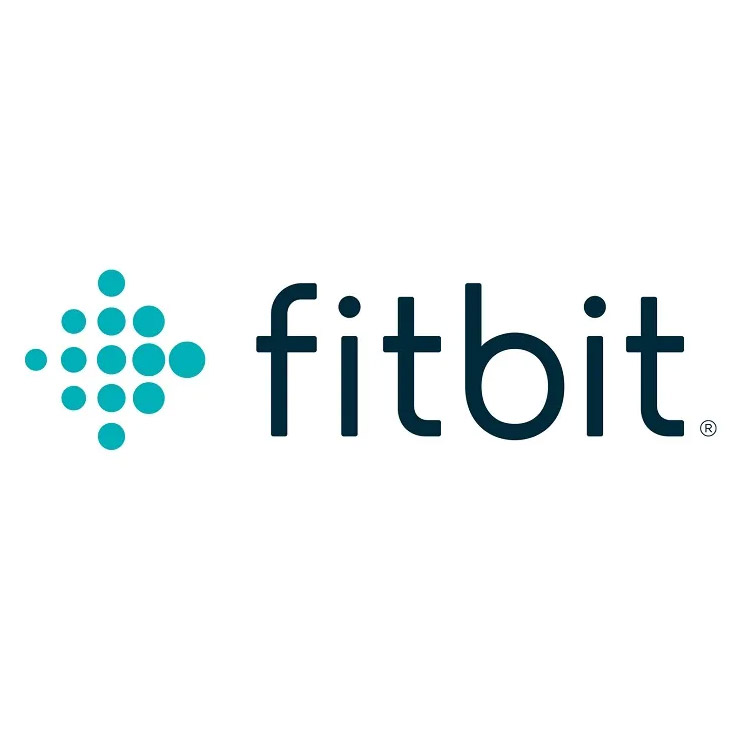
Best fitness app for Android users
With meal plans, mindfulness exercises, and that all-important Daily Readiness Score, Fitbit Premium is an easy recommendation for Fitbit users looking to take their fitness to the next level.
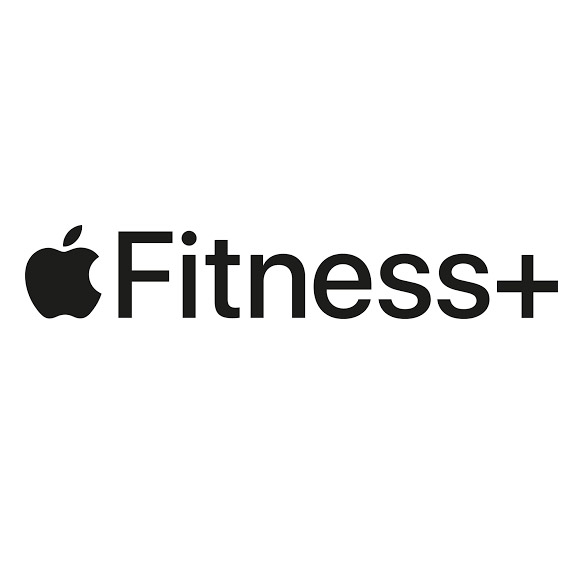
The best workout app for Apple users
With a huge variety of guided workouts, Apple Fitness Plus is a great place to start something new - whether that’s yoga, or training towards a specific running distance.
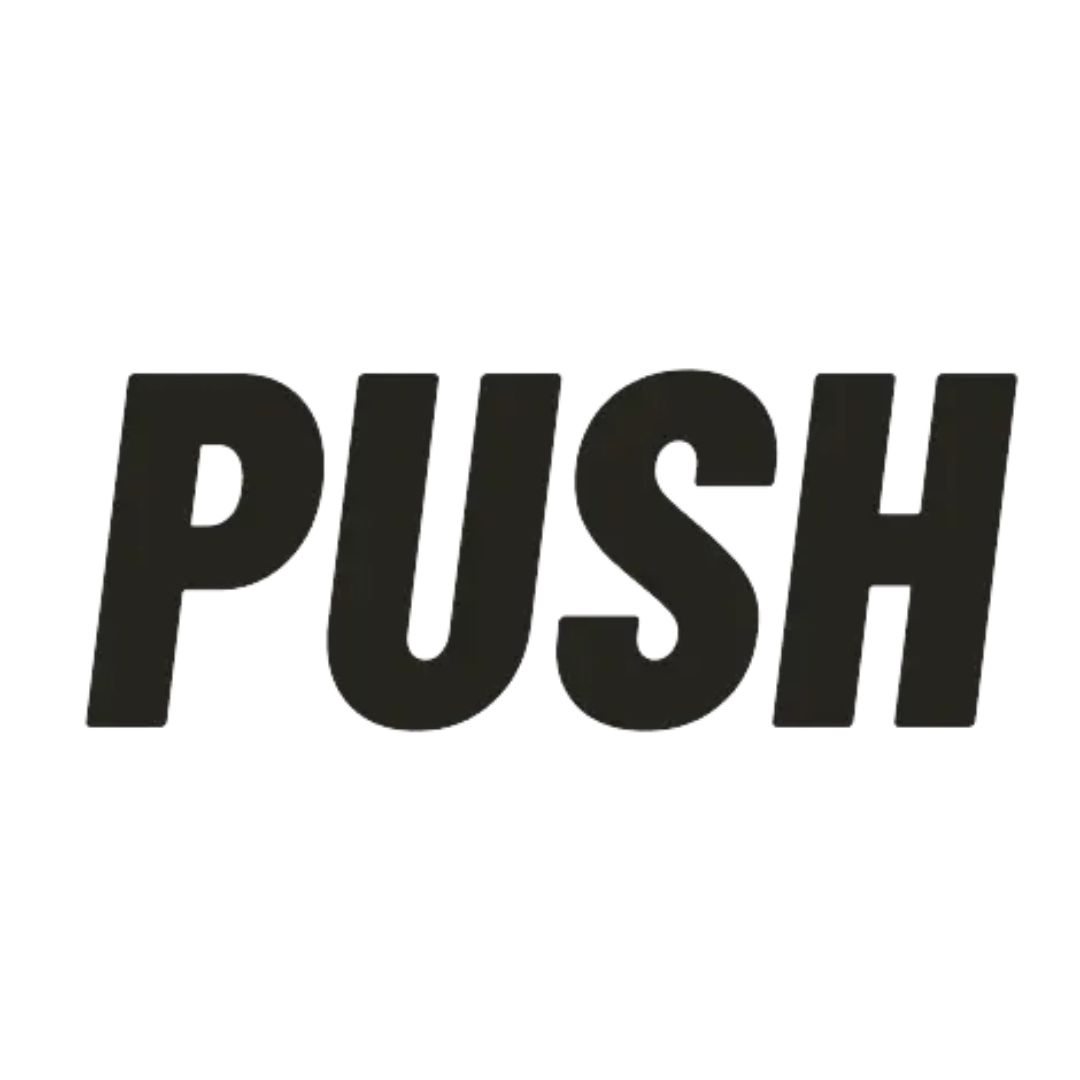
Best for strength training
PUSH is an absolutely brilliant app targeted exclusively at strength training and building muscle. It uses AI to generate workout plans and provide progressive overload, all through a slick interface.

Best fitness app for run coaching
Runna offers more running metrics than you’ll know what to do with, with plenty of additional community features, too. Expect it to improve your pace and endurance at all distances.
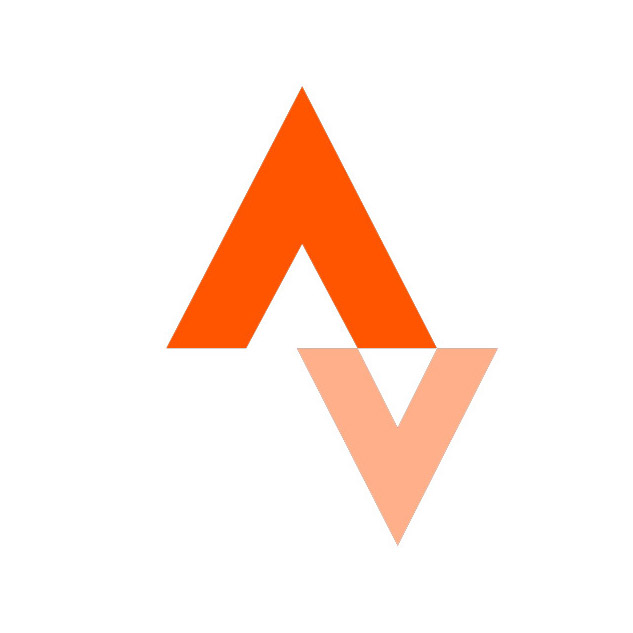
Best fitness app for adventurers
Running, riding, hiking, skiing, swimming... if you're an outdoors person, especially runs and rides, Strava is the perfect app for you. Equal parts social network and fitness tracking app.
Best fitness app overall
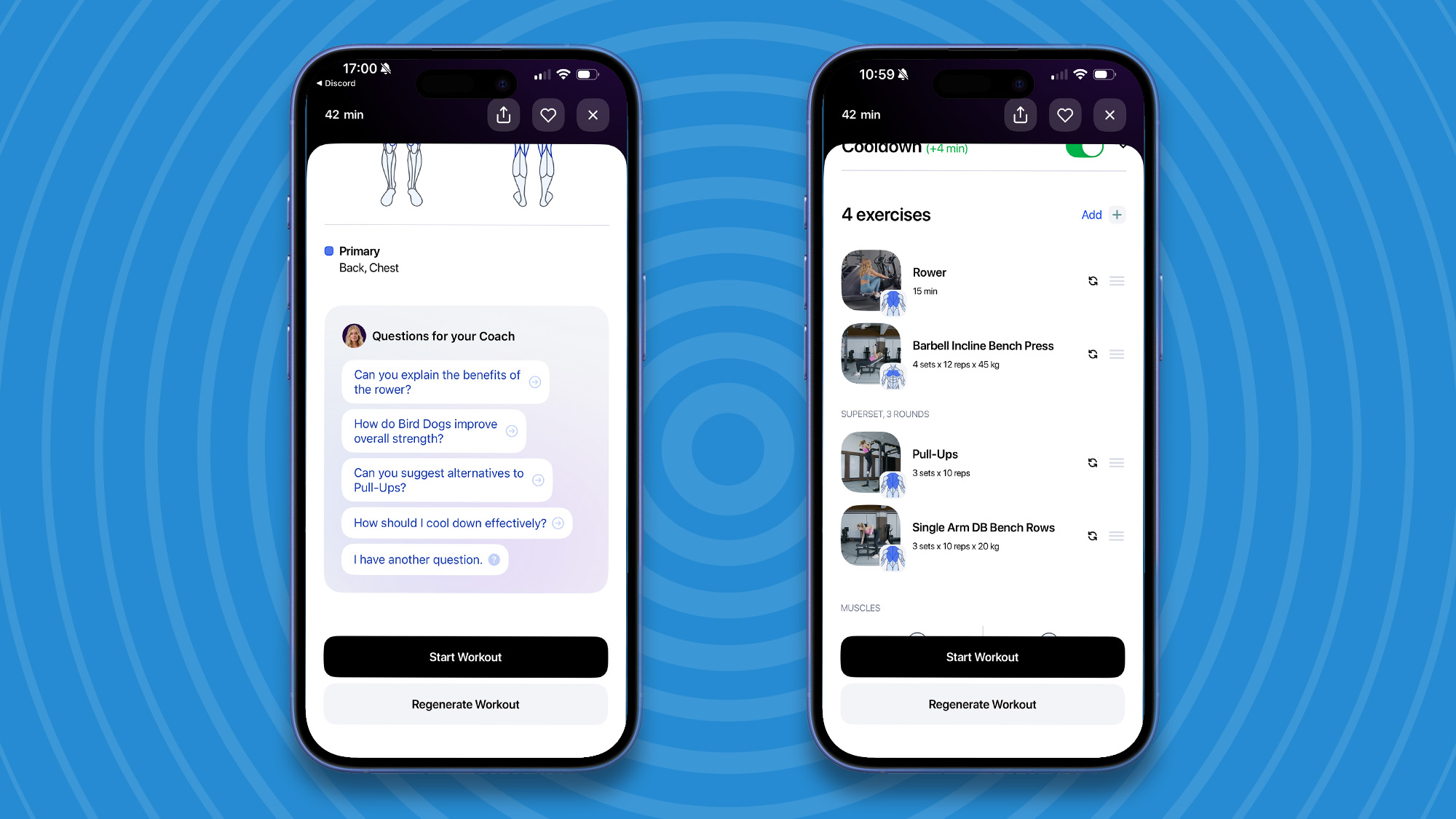
Specifications
Reasons to buy
Reasons to avoid
Zing is a brilliant AI-powered personal trainer. It costs around 20 bucks a month, or there's a cheaper annual plan if you commit to a full year.
The design and user interface feature lots of handy elements, with AI always one tap away. There's also a high degree of personalization, and you can use the chatbot to ask questions about lifting, form, nutrition, or anything else you need.
There's also a Body Scan tool that can calculate your lean mass and body fat, data it uses to personalize your fitness plan. It can even watch you while you work out to give you adjustments on form, as well as perform flexibility tests.
Overall, we really enjoyed the app, the animations felt well-designed, and we appreciated nifty features like the calendar integration and the "Boost" button that gives you quick supersets and extra workouts to try and boost performance. It also integrates with likes of Strava, Strong, and even Fitbod.
Read our full Zing Coach review
Best for Android users

Specifications
Reasons to buy
Reasons to avoid
As the name implies, Fitbit Premium is definitely better with one of the company’s trackers, opening up a whole bunch of additions to the base experience.
From more advanced sleep tracking to workouts and mindfulness exercises, Fitbit Premium offers a little of everything. Its killer feature, however, is the Daily Readiness Score which helps pool all of your data into a single figure that shows just how fatigued you are, and whether you need to take a rest or not.
That’s something that no other app on this list does better. However, you really need a Fitbit or a Google Pixel Watch to get a lot out of the metrics, and although FItbit is system-agnostic, its purchase by Google means it's slightly easier to invest in for Android users.
Read our full Fitbit Premium review
Best for iOS users
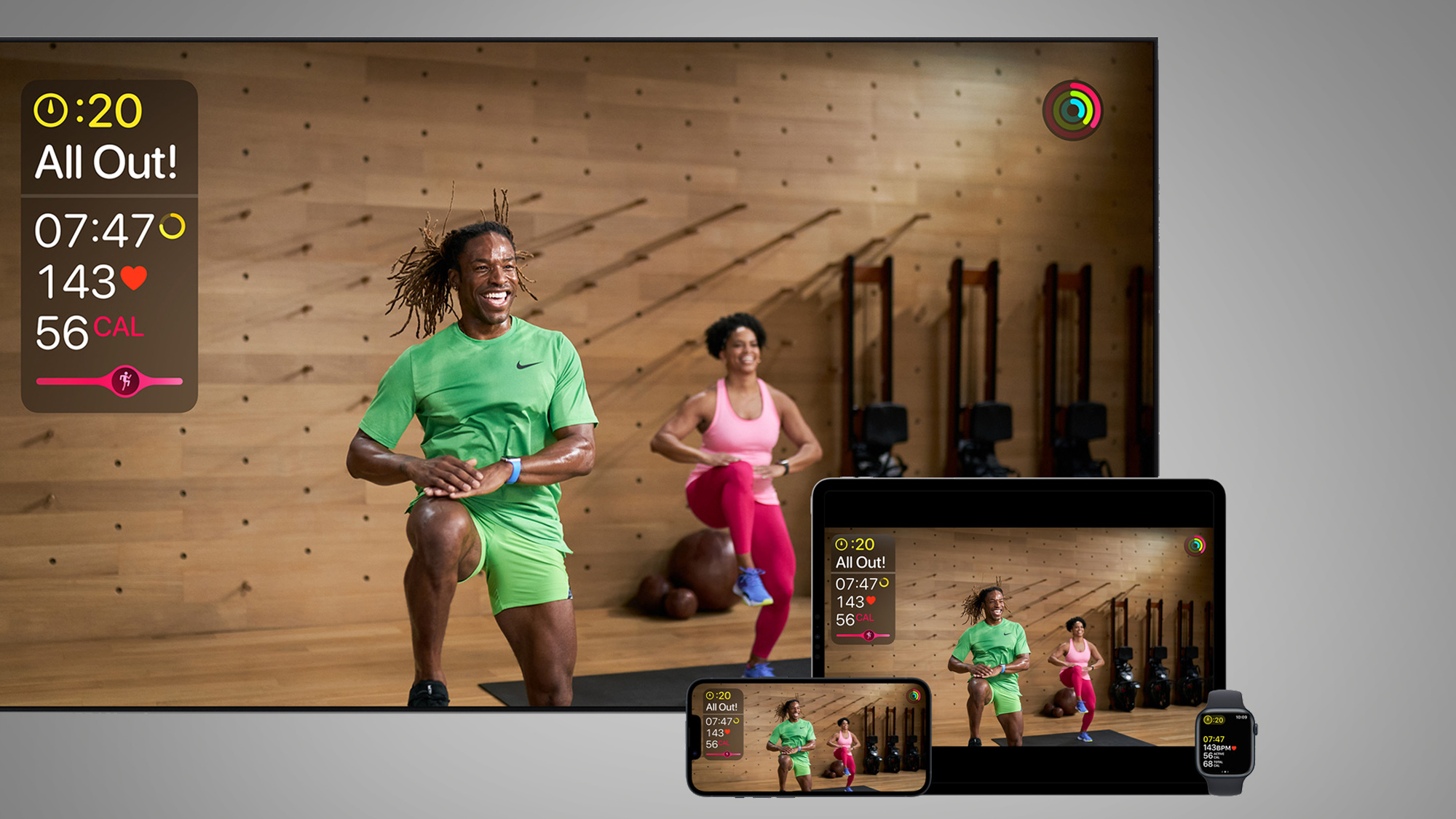
3. Apple Fitness Plus
Specifications
Reasons to buy
Reasons to avoid
If you own an iPhone, chances are you've either tried Apple Fitness Plus or you've got a free trial waiting for you. Apple Fitness Plus is chock-full of guided content, from meditation, HIIT, and strength workouts to kickboxing, dance, yoga and more. Usable on an iPad, iPhone, or smart TV, it interfaces with your Apple Watch so you can see your vital stats on the screen as you train.
It's not just for people who want to work out at home, pandemic-style: since its launch, Fitness+ has pivoted to content that can prepare you for outdoor activity, with modules such as Yoga for Running or lower-body preparation for skiing.
Audio-only guided content, such as Time to Run and Time to Walk, can talk you through runs, transporting you to famous locations and hearing stories from celebrities such as Dolly Parton, Shawn Mendes and Ted Lasso star Rebecca Waddingham. It's an oustanding app, and well worth consideration if you're an existing Apple user.
Best for strength training
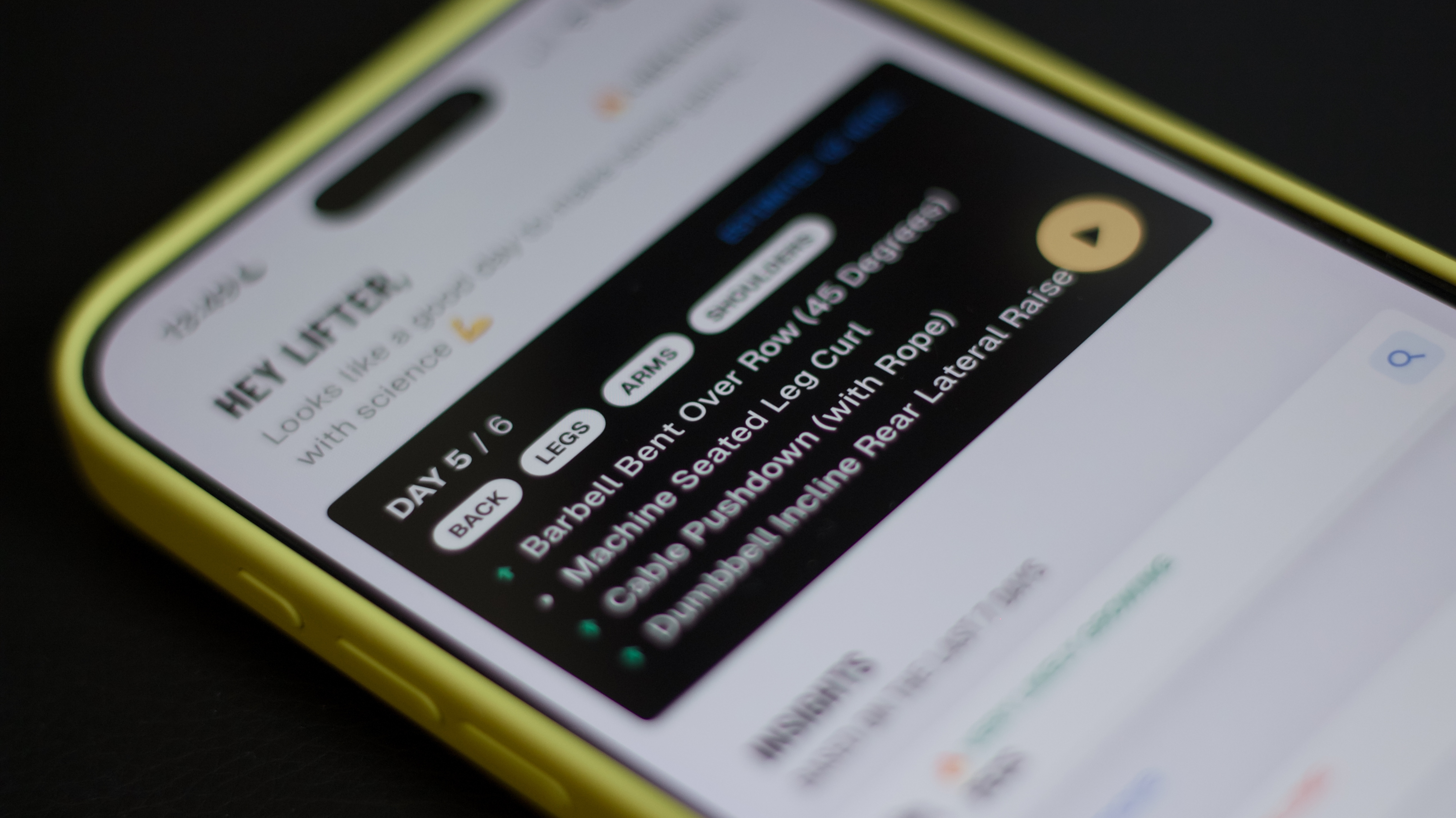
Specifications
Reasons to buy
Reasons to avoid
PUSH is an AI-powered muscle and strength app designed to do just one thing, help you build muscle as quickly as possible. It features a gorgeous layout and interface, intuitive plan building, and great workout tracking.
PUSH will help you tailor a plan to your needs based on the equipment you have available (you will need some equipment). Then, it'll use AI to track your progress and suggest new weights as you improve your strength. Stall out or plateau and it'll serve up plateau-breaker exercises.
Workout tracking is all done through its sleek interface with built-in rest timers, and a daily readout will show you which of your muscles are growing, and which might be falling behind.
You'll also get access to peer-reviewed studies that power the science behind PUSH, so you know exactly where all the information is coming from.
It's a pricy option for an app that only does one thing, but it's well worth the payout.
Read our full PUSH review
Best for run coaching
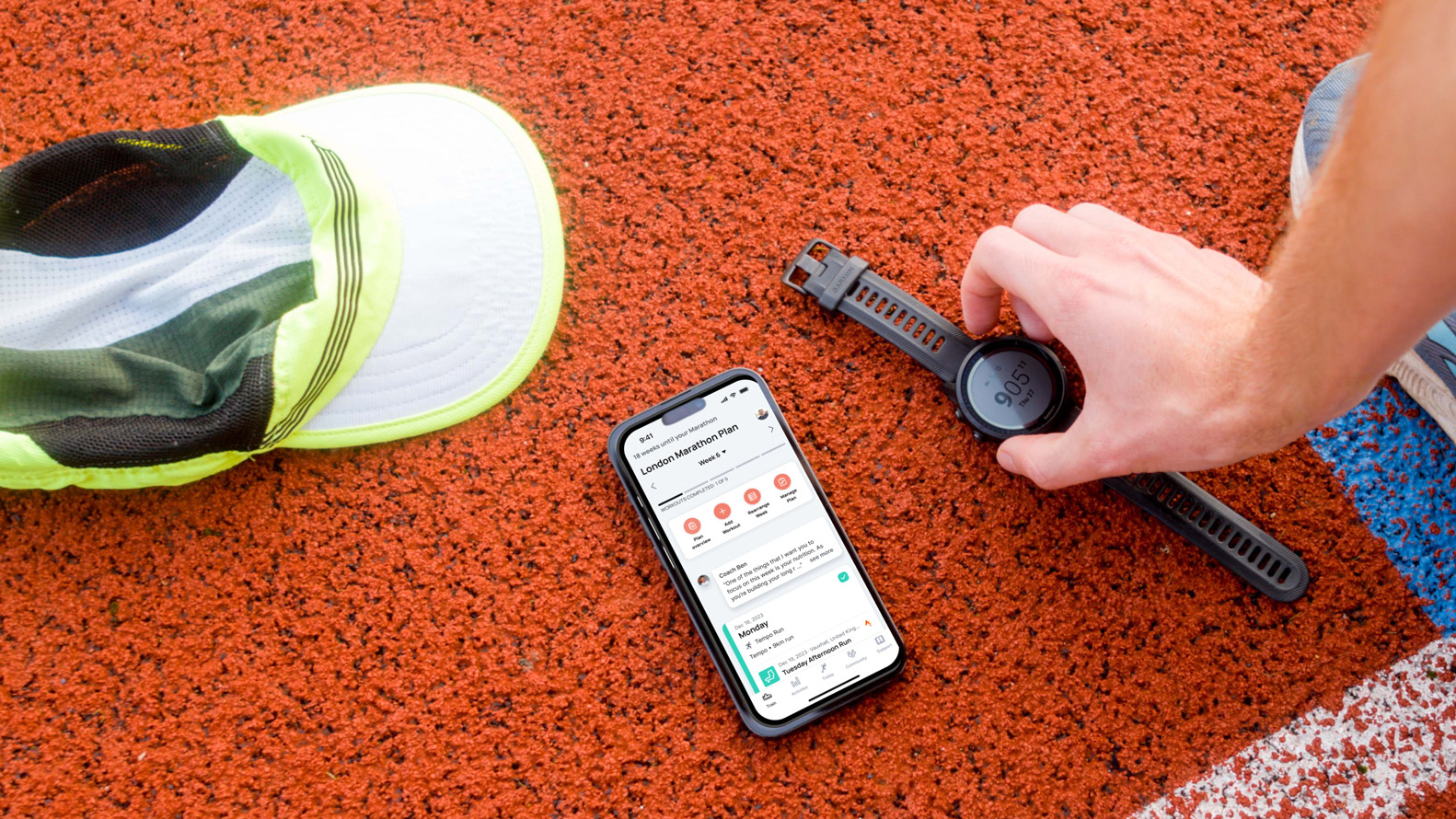
Specifications
Reasons to buy
Reasons to avoid
If you’re serious about running, then there’s a good chance Runna can help you reach the next PB or distance target you’ve set yourself. While the app itself is pretty basic, it does offer access to a running-centric community and a huge amount of sophisticated coaching technology.
It’s ideal for lapsed runners and newcomers, too, with an audio prompter for helping you pick up the pace, but experienced runners will love the more detailed running metrics offered here, too. Every week you also get a message from your coach, where they give you tips on factors such as technique and mobility.
Recommended additions to your workout include stretching periods, and Pace Prompter records your speed and tells you to slow down or speed up depending on your pace. It's definitely worth investigating before your next running event - after all, it's cheaper than a real running coach.
Read our full Runna review
Best for adventurers
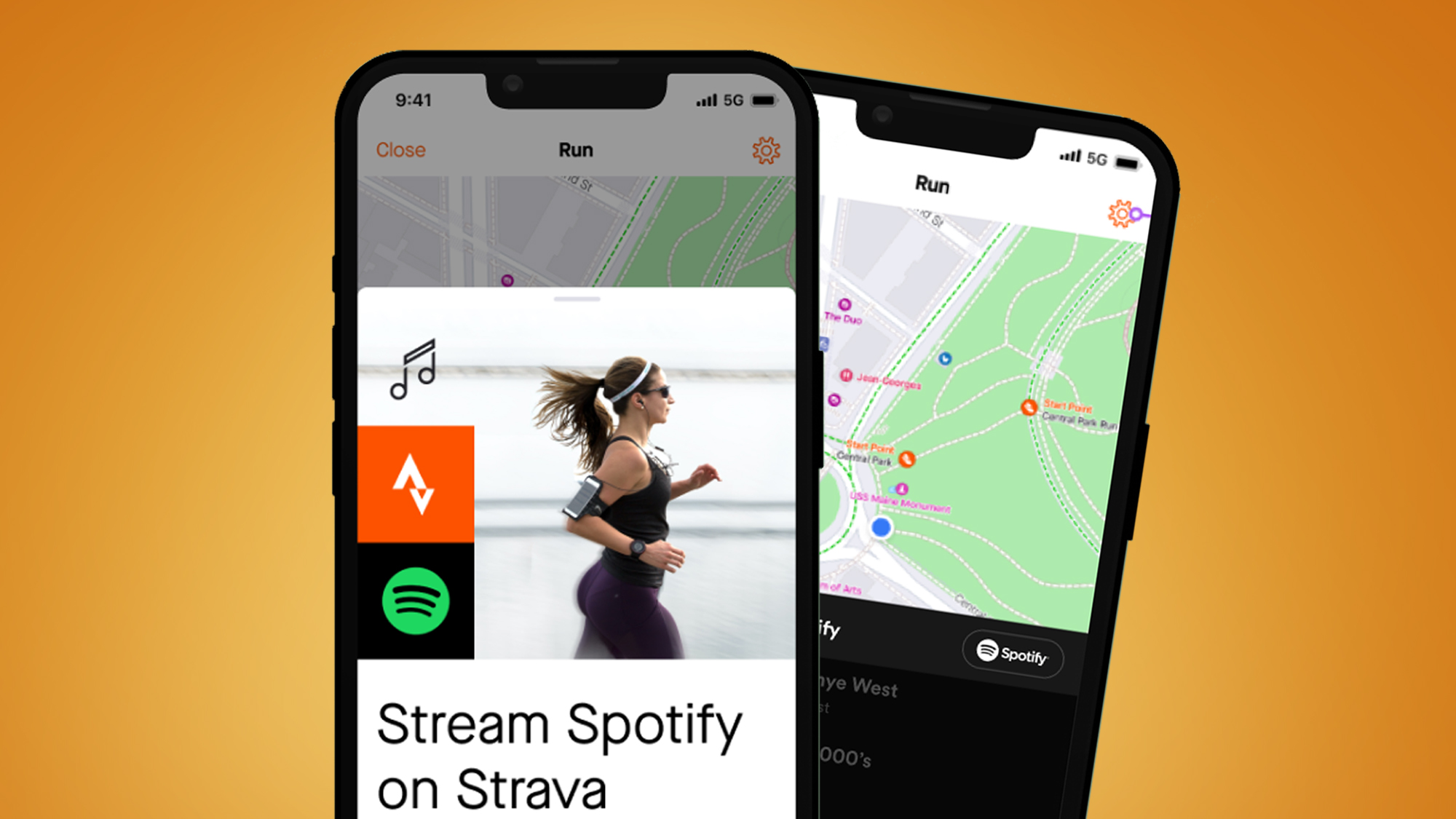
Specifications
Reasons to buy
Reasons to avoid
Strava is part fitness app, part social media platform, but its addictive mix of plotting your running route by popularity, snatching segments from local leaders and earning the ‘kudos’ of your friends makes it one of the most popular apps in the world.
Its premium tier adds additional options like customized routes for your next run, topographical maps, extra metrics, and recovery exercises to help you run, cycle, ski, swim, or paddleboard more regularly and more safely. It's system-agnostic, so you can import your metrics from almost any watch into the app, but it can also estimate its own metrics too.
It's a great resource to get into the social side of running, with 'friendly' competition from friends and other users, and it's great to use for any outdoor pursuit.
Read our full Strava review
How to choose the best fitness app for you
With so many options, it’s tricky to settle on one fitness app that caters to all, especially as "fitness app" is such a broad church term. A cyclist, for example, isn't going to be using the same workout app as a gym-goer. Thankfully, you don’t have to, and many certainly have strengths and weaknesses.
For example, while Strava can track your gym workouts through Apple’s Fitness app, it’ll struggle to give you useful information, as it won't record any data points beyond heart rate and calories burned. On the other hand, it’s brilliant for running and cycling tracking, even in its free version.
Many of the apps on this list play nicely together, too, with the likes of Fitbod and Fitbit Premium able to pull data from Google and Apple. With that in mind, we’d recommend testing out one that seems to cater to your chosen discipline, even if just for the length of the free trial, in their free iterations to check you've got the right app for your device.
How we test fitness apps
When testing the best fitness apps, our reviewers use them over a period of multiple weeks, and we try the most common features the average user is likely to get to grips with.
Whether it’s racking up the miles on foot or loading up weight in the gym, Techradar’s experts test on multiple workout types, with different platforms including iOS, Android, Apple Watch, Wear OS, and more.
Sign up for breaking news, reviews, opinion, top tech deals, and more.

Lloyd Coombes is a freelance tech and fitness writer for TechRadar. He's an expert in all things Apple as well as Computer and Gaming tech, with previous works published on TopTenReviews, Space.com, and Live Science. You'll find him regularly testing the latest MacBook or iPhone, but he spends most of his time writing about video games at Dexerto.
- Matt EvansSenior Fitness & Wearables Editor